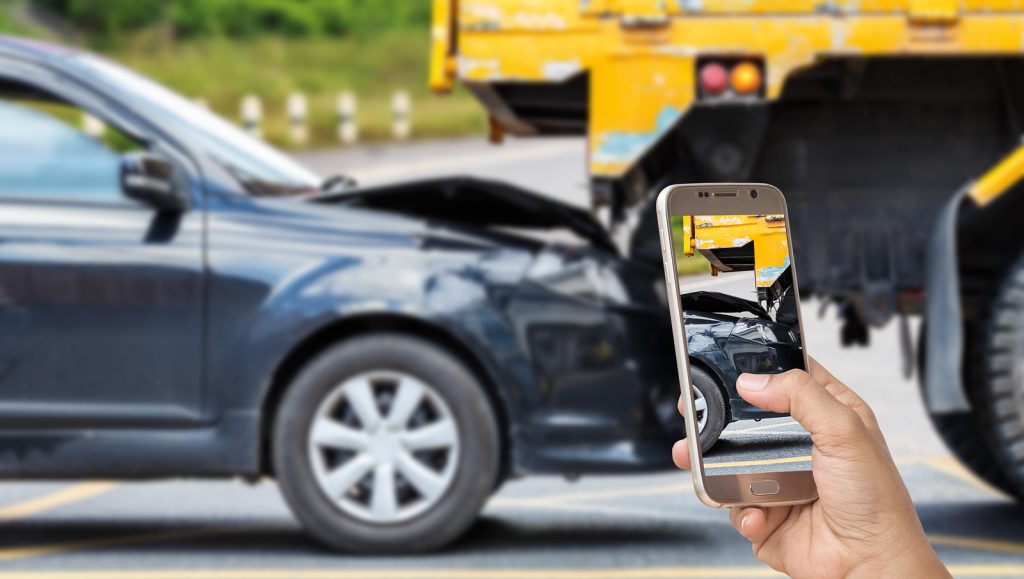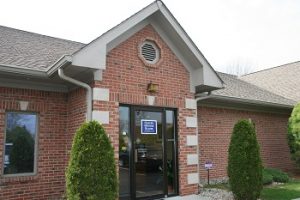If you or someone you love has suffered serious injuries as a result of a recent commercial trucking accident, it is important to begin educating yourself on your rights to compensation. Immediately contact a licensed Indiana truck accident attorney to discuss your accident and begin documenting an impactful case against all negligent parties.
In the meantime, it is helpful to review some of the most common inquiries personal injury law firms receive regarding commercial truck accidents, injuries, and claims. Continue below to do just that, including where to get started on your claim.

Commercial Truck Accident Lawyers 317-881-2700
What Makes a Truck “Commercial?”
A commercial truck is different from your average pickup truck on the road. Commercial trucks are those that are used to transport commercial goods. There are various types of commercial trucks that you can see driving down the interstate every day, including delivery trucks, semi-trucks, 18-wheelers, freight trucks, dump trucks, tractor-trailers, big-rigs, and even delivery vans and vehicles. The standard weight of a fully-loaded commercial truck can be up to 80,000 pounds or more, making them incredibly deadly and dangerous at high speeds.
What are the Indiana Drug and Alcohol Regulations for Truck Drivers?
Indiana, as well as the rest of the country, maintain strict policies and regulations for commercial truck drivers in terms of drug and alcohol use. See our blog, “State Regulations for Truck Drivers Regarding Drugs and Alcohol” to learn more about our state’s initiative to keep truck drivers sober on and off the road.
Who is Liable for the Truck Accident?
When it comes to commercial truck accidents, many parties may be liable to pay compensation to injured victims. Such parties may include the truck owner, trucking company, owner of the cargo, the automotive parts manufacturer, and the party responsible for the truck’s maintenance.
Is Indiana a “No Fault” State for Car Accidents?
No, Indiana is not a “no fault” state. This means that anyone injured in a motor vehicle accident must use their own or the negligent party’s insurance coverage to collect compensation for economic damages, up to the limit of that policy. Additional compensation can also be available outside of insurance proceeds.
What are 1st and 3rd Party Truck Accident Claims?
As mentioned, Indiana is not a “no fault” state; so following a truck accident, you would make a claim with your own insurance carrier to cover your damages, if the coverage is available. This is called a 1st party claim. However, if you suffered serious damages and losses as a result of being injured by a negligent truck driver or trucking company, you can also seek out compensation for non-economic damages as well, such as pain, suffering, lost wages, medical expenses, hospital bills, and more. This is called a 3rd party claim, and it would be to prove negligence and collect compensation.
Can I Collect Compensation if I was Partially at Fault for the Truck Accident?
Even if you were partially at fault, you may still be entitled to compensation, however, it varies from case to case. In Indiana, we use a modified comparative negligence system, which is also referred to as the “51% fault” system. This means you need to be less than 51% at fault for the accident in order to collect compensation for a personal injury claim. There are many complex factors involved in such claims, so it is necessary to consult with your personal injury lawyer for help understanding your rights to compensation.
How Long Do Truck Accident Victims Have to Make a Claim?
In Indiana, victims of trucking accidents have a 2 year statute of limitations from the date of the incident to make a claim for their damages and losses if the defendant is non-governmental. It is best to seek representation immediately following a collision.
How Do I Make a Truck Accident Claim in Indiana?
Call Our Seasoned Indianapolis Truck Accident Lawyers RIGHT NOW!

Personal Injury Law Firm
317-881-2700
